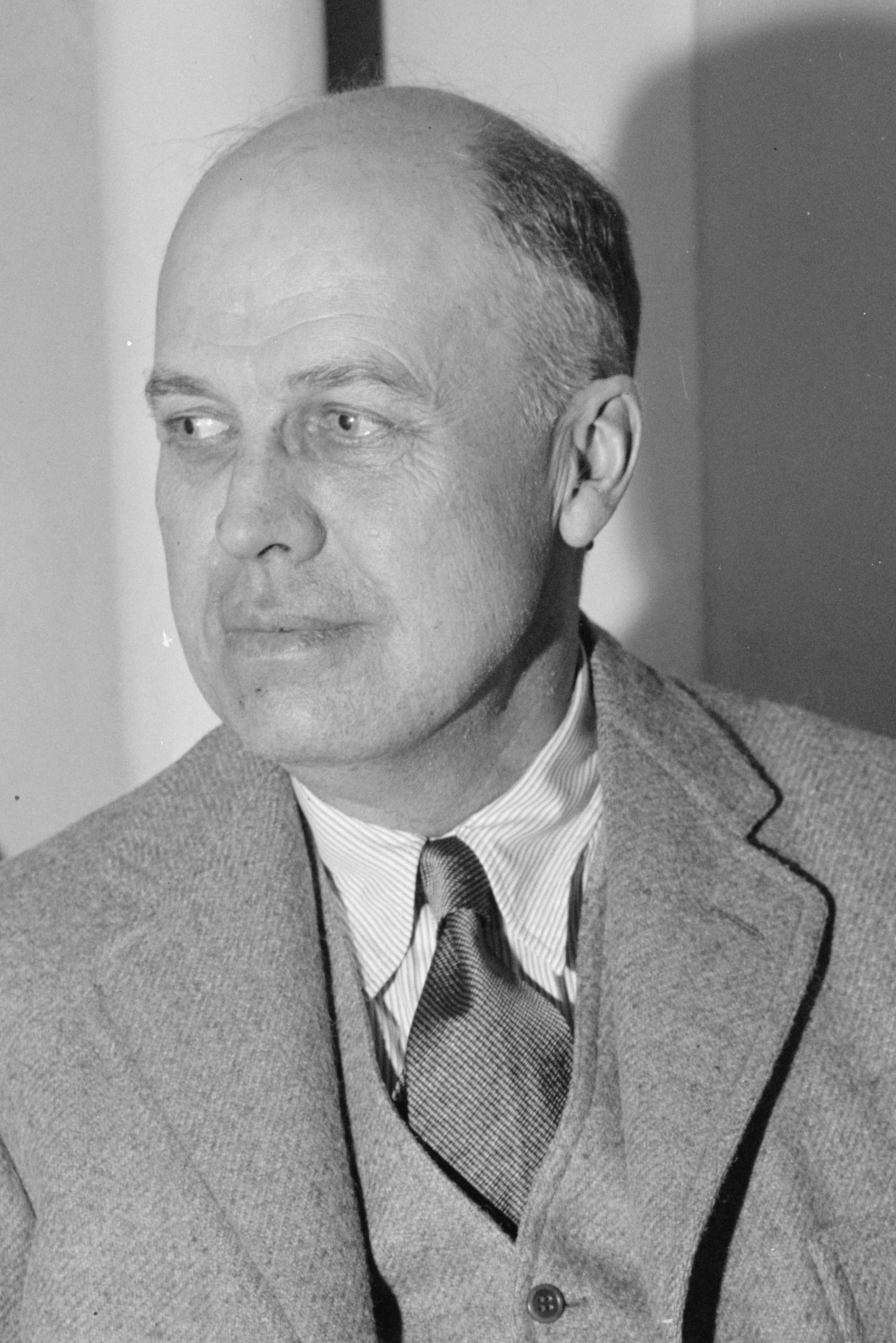'Edward Hopper in Saõ Paulo', as cited by William C. Seitz, Smithsonian Press, Washington D.C., 1967
posthumous
Famous Edward Hopper Quotes
1911 - 1940, Notes on Painting - Edward Hopper (1933)
1941 - 1967
Source: Three Hundred Years of American Painting, Alexander Eliot; New York: Time Inc., 1957, p. 298
1941 - 1967
Source: 'Statements by Four artists', Edward Hopper, in 'Reality' 1., Spring 1953, p. 8
Edward Hopper Quotes about painting
Quote in 'Travelling Man', Time January 1948
1941 - 1967
“It is hard for me to know what to paint. It comes slowly.”
quoted by Gail Levin in 'Edward Hopper - an intimate biography' (1995)
1941 - 1967
1941 - 1967
Source: 'Oral history interview with Edward Hopper' (1959, June 17), conducted by John Morse; 'Archives of American Art', Smithsonian Institution
“After I took up etchings [c. 1915], my paintings seemed to crystallize.”
1941 - 1967
Source: 'Edward Hopper: The Emptying Spaces', Suzanne Burrey; in 'Árt Digest', April 1, 1955 p. 10
“All I ever wanted to do is to paint sunlight on the side of a wall.”
Comment on his 'Early Sunday Morning' (1930) https://www.wikiart.org/en/Search/Early%20Sunday%20Morning
1941 - 1967
Edward Hopper Quotes about art
Letter to Charles Sawyer of Addison Gallery of Art October 19 , 1939
1911 - 1940
Quote in Hopper's letter to Charles H. Sawyer, October 29, 1939; as cited in Edward Hopper, Lloyd Goodrich; New York, Harry N. Abrams, 1971, p. 164
1911 - 1940
1911 - 1940, Notes on Painting - Edward Hopper (1933)
posthumous
Source: 'Joan Sloan' Hopper', p. 172; as quoted in Edward Hopper, Gail Levin, Bonfini Press, Switzerland 1984, p. 39
1941 - 1967
Source: 'statement by the Chairman of the Jury', Corcoran Gallery of Art, Washington D.C. 1951, p. 7
1911 - 1940, Notes on Painting - Edward Hopper (1933)
Edward Hopper Quotes
“The man's the work. Something does not come out of nothing.”
Hopper's answer to journalists -quoted by Avis Berman in 'Hopper, the Supreme American Realist of the 20th Century' Smithsonian Magazine June 2007
1941 - 1967
In a letter to his mother, Paris, May 11, 1907; as quoted in Edward Hopper, Gail Levin, Bonfini Press, Switzerland 1984, p. 27
1905 - 1910
Alfred Barr & Edward Hopper: Retrospective Exhibition Museum of Modern Art New York 1933
1911 - 1940, Notes on Painting - Edward Hopper (1933)
Quote in Hopper's letter to his mother, Paris, October 30, 1906; as cited in Edward Hopper, Gail Levin, Bonfini Press, Switzerland 1984, p. 13
1905 - 1910
1911 - 1940, Notes on Painting - Edward Hopper (1933)
1911 - 1940, Notes on Painting - Edward Hopper (1933)
Edward Hopper, in a letter to his mother, Paris, October 30, 1906; as quoted in Edward Hopper, Gail Levin, Bonfini Press, Switzerland 1984, p. 14
1905 - 1910
1911 - 1940, Notes on Painting - Edward Hopper (1933)
1911 - 1940, Notes on Painting - Edward Hopper (1933)
posthumous
Source: 'Edward Hopper', Goodrich; p. 152; as quoted in "Edward Hopper", Gail Levin, Bonfini Press, Switzerland 1984, p. 52
“Originality is neither a matter of inventiveness nor method, it is the essence of personality.”
Quoted by Selden Rodman, inConversations with Artists, Capricorn Books, New York, 1961
1941 - 1967
Hopper quoted this from Ralph Waldo Emerson's book Self Reliance, the book he loved throughout his life
1941 - 1967
Source: 'How Edward Hopper Saw the Light', by Joseph Phelan, at Artcyclopedia online
“It takes a long time for an idea to strike.”
quoted by Sheena Wagstaff 'Edward Hopper', Tate Publishing (2004)
1941 - 1967
1941 - 1967
Source: 'Portrait: Edward Hopper', Brian O'Doherty, 'Art in America', 1952 (December 1964), p. 73
1911 - 1940, Notes on Painting - Edward Hopper (1933)
quoted by Floyd Goodrich, in Edward Hopper, H. Abrams, New York 1971
1941 - 1967
1911 - 1940
Source: 'Wake of the News, Washington Square North Boasts Strangers Worth Talking to', by Archer Winston, 'New York Post', November 26, 1935
Hopper’s respond on a comment of an interviewer about the 'lack of communication' in his painting art
1941 - 1967
Source: an interview with Aline Saarinen, 'Sunday Show', NBC-TV 1964, transcript, p. 3
“The whole answer is there on the canvas.”
Hopper's answer to journalists - quoted by Sherry Maker, in 'Edward Hopper' (1990)
1941 - 1967
Quote of Hopper's letter to his sister, June 9, 1910; as cited in Edward Hopper, Gail Levin, Bonfini Press, Switzerland 1984, p. 23
1905 - 1910
Quote in: 'Edward Hopper: The Emptying Spaces', Suzanne Burrey; in 'Art Digest', April 1, 1955 pp. 8 - 10
1941 - 1967
1941 - 1967
Source: 'Oral history interview with Edward Hopper' (1959, June 17), conducted by John Morse; 'Archives of American Art', Smithsonian Institution
“Ninety percent of them [artists in general] are forgotten ten minutes after they’re dead.”
1941 - 1967
Source: a letter to Margaret McKellar, 14 November 1965; as quoted in Edward Hopper, Gail Levin, Bonfini Press, Switzerland 1984
In a letter to his mother, c. 1910; as quoted in Edward Hopper, Gail Levin, Bonfini Press, Switzerland 1984, p. 27
1905 - 1910
“Recognition does not mean so much, you never get it when you need it.”
2 Quotes in 'The Silent Witness', Time, December 24, 1956
1941 - 1967
1941 - 1967
Source: 'Edward Hopper' (1962), Katherine Kuh, in 'The Artist's Voice: Interviews with Artists' New York: Harper and Row, 1962:140
Interview in the late 1950's, Katherine Kuh and Avis Berman ed., in 'My Love Affair With Modern Art', New York 2006, p.276; as quoted in 'The Artist’s Voice', Katharine Kuh, New York and Evanston 1962, p.135
Hopper qualified his early Paris sketches, by adding that these sketches were direct, about the 'immediate impression', while being very much concerned to represent with representing depth
1941 - 1967
